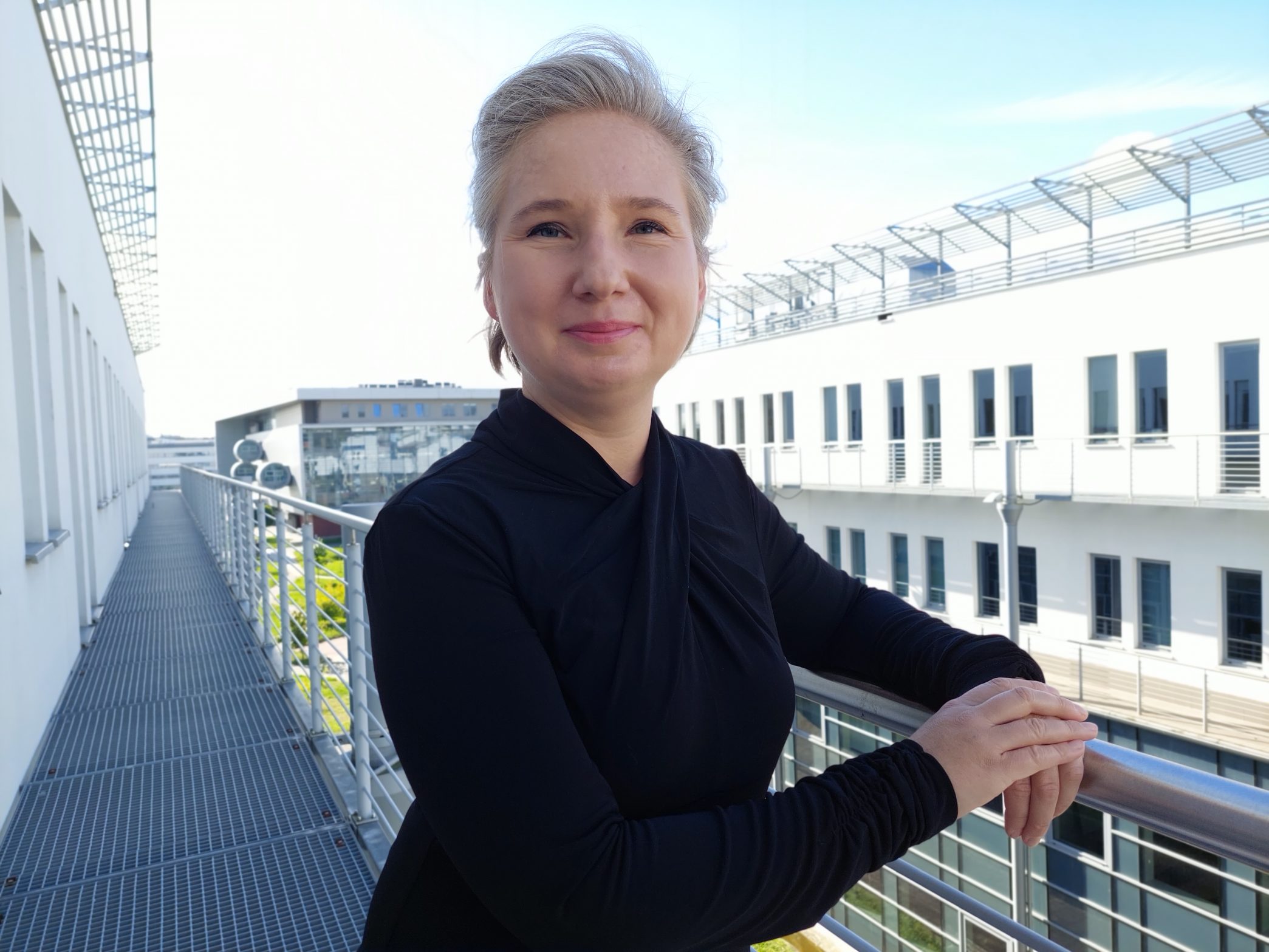How can sustainable development be defined through the lens of your discipline?
My research, experience, and observations show that striving for the satisfaction of one’s needs that grow and change over time is the very foundation of human existence. Satisfying one’s needs in a sustainable way should not modify or deteriorate one’s environment. According to the sustainable development triad, there are three pillars: social, economic, and environmental. So we should satisfy our needs without experiencing shortages, but on the other hand this goal should be pursued without deteriorating our environment. And today such an approach requires systems thinking and determines my way of thinking about our situation. The way I understand it is that everything that surrounds us, including us, constitutes a set of interrelated components. We need to be aware that every action, process or movement affecting one component has a direct or indirect impact on the remaining ones. The direct impact can be experienced in our everyday life, immediately or after some time. Or it may be the case that unlike future generations, we will not experience them at all. That’s why we should be aware of the consequences of our actions.
Do you think it is possible to reject short-term thinking in favor of long-term thinking in a spirit of intergenerational justice? Can we do anything in this regard?
I am sure that grassroots work is of primary importance. We can already notice positive outcomes of the actions taken here and now. Changing people’s way of thinking is possible at an individual level, which is not necessarily the case with collective consciousness of society. That’s why the work done in this area needs to have two coherent dimensions: theory and practice. Lack of supportive actions or practices in our everyday life impedes the process of raising awareness. As far as adults or seniors are concerned, the process may be facilitated through the use of social campaigns. However, the actions taken by companies employing them should follow the principles of sustainable development. The consistency between the message and practice is a path toward a change in thinking. As part of my student teaching experience, I run a course on systems theory which covers the nature and examples of interdependencies as well as discussions about sustainable development.
Do students proactively explore the idea of sustainable development in their diploma theses?
The number of students who think it is an important subject is increasing. Sustainable development in the area of spatial management is firmly rooted in our study program. Right from the start our students learn about complexity and multidimensionality, and have a chance to cooperate with environmental, social and urban experts. The issue of sustainable development is covered by many courses, which is reflected in our students’ diploma theses. In my view the most important challenge in this regard is to ensure content integration and to create a student space for multidisciplinary endeavors and research to be carried out in mixed, i.e. cross-curricular groups.
That brings me to my next question. Have the issues related to sustainable development been included in the syllabi of courses run at the Institute?
The major in spatial management includes a course on the determinants of sustainable development in spatial management. What is more, the issues related to sustainable development are covered by most of our courses. We have more and more lecturers whose research work and teaching practice are linked to sustainable development.
What actions, in your opinion, should we take to promote sustainable development at our university?
One way of changing our thinking is focusing on the value of relation and integration. Future cities should be for people, not cars. My research results demonstrate that one of the major problems of contemporary cities is an excessive number of cars, which affects safety, environmental quality, and life quality in the sense that we spend a lot of time getting from one place to another. This, in turn, has a detrimental impact on mental health and household budgets. To solve the problem of excessive individual motorism, diverse ideas have emerged, for example a traffic ban. In my opinion it would be much better to create infrastructure facilitating behavior change. What is becoming increasingly popular is the idea of a 15-minute city designed in such a way that daily necessities are within a 15-minute walking distance from residents’ homes. And that involves the rejection of single-purpose zones in favor of multifunctional housing estates. By way of analogy, we may ask: Is our university integrated with the urban tissue? In my opinion, we are nowhere near there yet. However, we should go in this direction. Even focusing on our university’s functions, we could use our campus space to show how we work at our laboratories, how we do our research work and engage in scientific activities as well as what we have accomplished so far in this regard. Such public science events are held at many universities around the world. What is more, the university campus space should be open and used for integration purposes through organizing sports activities as well as providing art and culture promotion venues or meeting spaces. The same holds true for the Library of the University of Gdańsk, to be open for students until late night hours. An open and multifunctional space for diverse groups of people is, contrary to all appearances, safe. Our university has a huge potential in this respect.
Interviewer: Professor Sylwia Mrozowska


